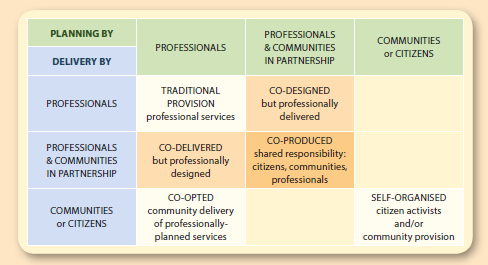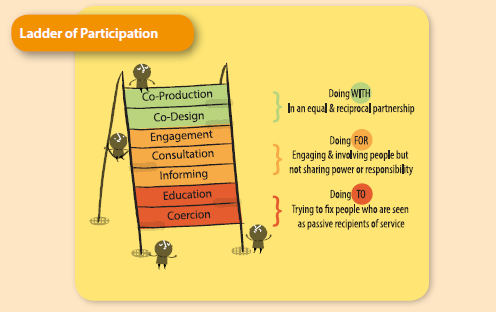The primary care improvement team at 1000 Lives Wales were delighted to receive Q Exchange funding last year for a project focusing on improving repeat prescribing systems and have been busy getting ready for the first event.
What is it?
We will be able to offer bespoke ‘Opportunity Costing’ and evaluation workshops within the domain of repeat prescribing, to help design and then measure the value of improvements in time, money and efficiency savings. In some instances, some projects have ‘costed’ more money, but are safer and more reliable. The evaluation framework used is an award winning NHS method and the workshop to analyse the systems is a tried and tested approach designed by Professor Nick Rich. Practice staff will not have had access to them before and will have the opportunity to use a different methodology compared to classic improvement methods or clinical audit. These methods can be used in the future for other areas of development work.
Co-design

In Wales we have the prudent healthcare principles. One of those is ‘the public and professionals are equal partners through co-production.’ The Ladder of Participation gives an idea of where pieces of work sit. The workshop’s main message is that the work has to be modelled from the patient’s real experience – so for a delegate’s project to be successful they will have to engage with their patients, even though the work is more likely to be professionally delivered.

Conceptually, repeat prescribing itself has a responsibility on patients and professionals to undertake tasks to make it work (i.e. attend blood tests and checking the results), designing anything else below ‘engagement’ is less likely to work in my opinion; without the insights from patients as to why they might not attend for a test or carry out a task. (As an aside, I might write a future blog about adherence, behaviour change and fractal nudging which might be out of the scope of this blog – do get in touch if you are interested in this area).
What’s the latest?
We have been busy engaging stakeholders and learning from previous work in the field. I co-ordinate the Pharmacy in Practice Community of Practice for Wales and have discussed the workshop with its members during our events.
A golden rule from the workshop is that everybody who touches the work has to be involved. I have also been on visits to practices speaking to GP’s, pharmacists, prescription clerks and admin staff introducing the work and learning about work they have already done. Some of these insights have been drawn into the creating the workshops to ensure lessons already learned are shared if required.
We have released the following dates for the workshops, created websites for registration and ordered materials.
- 2nd April: Metropole Hotel, Llandrindod Wells
- 9th April: Botanic gardens, West Wales
- 18th June: Cardiff City Stadium
- 9th July: Conwy Business Centre, North Wales
What about the rest of primary care?
The initial workshops will only cover a number of primary care practices. After these events and their evaluation, it will be decided whether a further offer is scaled up using lessons learned. We are also considering the production of a toolkit to offer practices to use outside of workshops.
We would recommend applying for the next round of Q Exchange funding, as the experience of applying, pitching, receiving suggestions and building our network was beneficial even if we hadn’t received funding.
A special thanks to everyone inside and outside of Q who has already helped given us feedback and support.
Can you help?
We would be interested to hear form anyone else who is attempting to improve repeat prescribing or has had experience in trying to do so – please contact me via email.
Comments
Andy Ware 13 Mar 2019
Hello
A few people have asked for a testimonial from someone that I have coached or been through the methods previously with regards to prescribing.
Here is a testimonial from someone that I have been coaching -
"Using the Opportunity Costing model to transform our repeat prescribing system helped us to formalise an initial idea and implement a well-planned system. Illustrating the opportunity costing gave all involved parties (GP Partners, management, and the staff involved) a clear idea of the planned operation of the new system, its perceived benefits over the existing system, and the potential financial implications. It enabled us to clearly identify the changes required and staff involved, and monitor these changes appropriately. Once utilised, it is clear that this model can be applied to many different scenarios and is a very useful tool for change management." B.P. Swansea.
Regards
Andy